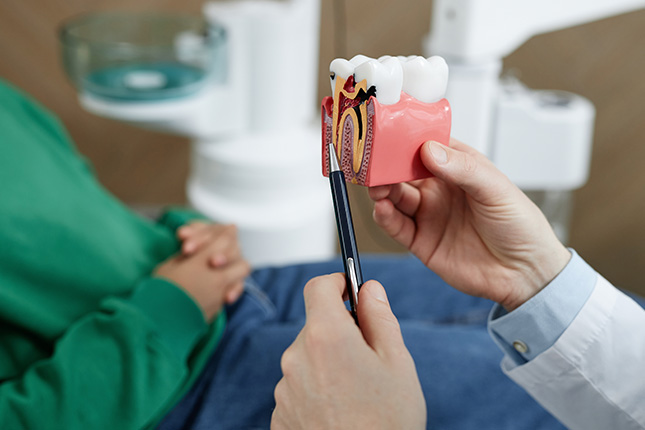Undergoing a root canal treatment can be daunting, but understanding the potential side effects can help ease your concerns. This comprehensive guide will walk you through the common side effects, when to seek professional help, and how to manage your recovery effectively.
Understanding Root Canal Treatment
A root canal is a dental procedure aimed at removing infected or damaged tissue inside a tooth. It’s often necessary to save a tooth that might otherwise need extraction. While the procedure has a high success rate, patients may experience some side effects post-treatment.
Common Side Effects of Root Canal Treatment
After a root canal, it’s normal to experience some discomfort.
Here are common side effects:
- Pain and Discomfort: Mild pain is common and can usually be managed with over-the-counter painkillers.
- Swelling: Swelling around the treated area is typical and should subside within a few days.
- Sensitivity: The tooth may feel sensitive to pressure or temperature.
These symptoms are usually temporary and should improve as your mouth heals.
When to Worry: Signs of Complications
While most side effects are minor, certain symptoms may indicate complications, including:
- Severe Pain: If pain persists or worsens, it could signal an infection or other issue.
- Persistent Swelling: Swelling that doesn’t decrease after a few days should be evaluated by a dentist.
- Fever or Discharge: These may indicate an infection requiring prompt treatment.
For any concerning symptoms, book an appointment with your dentist immediately.
Managing Your Recovery
To aid recovery, follow these tips:
- Follow Aftercare Instructions: Adhere to your dentist’s post-procedure guidelines.
- Maintain Oral Hygiene: Gently brush and floss to prevent infections.
- Avoid Hard Foods: Stick to a soft diet to minimize discomfort.
Learn more about the services offered by dental professionals for post-treatment care.
Conclusion: Ensuring a Smooth Recovery
Understanding the root canal treatment side effects (https://drlorengrossman.com/) can help you manage your recovery better. While some discomfort is normal, knowing when to seek help is crucial. If you have concerns, don’t hesitate to contact your dentist for advice.For expert dental care and to address any post-treatment concerns, schedule a consultation with us today.





